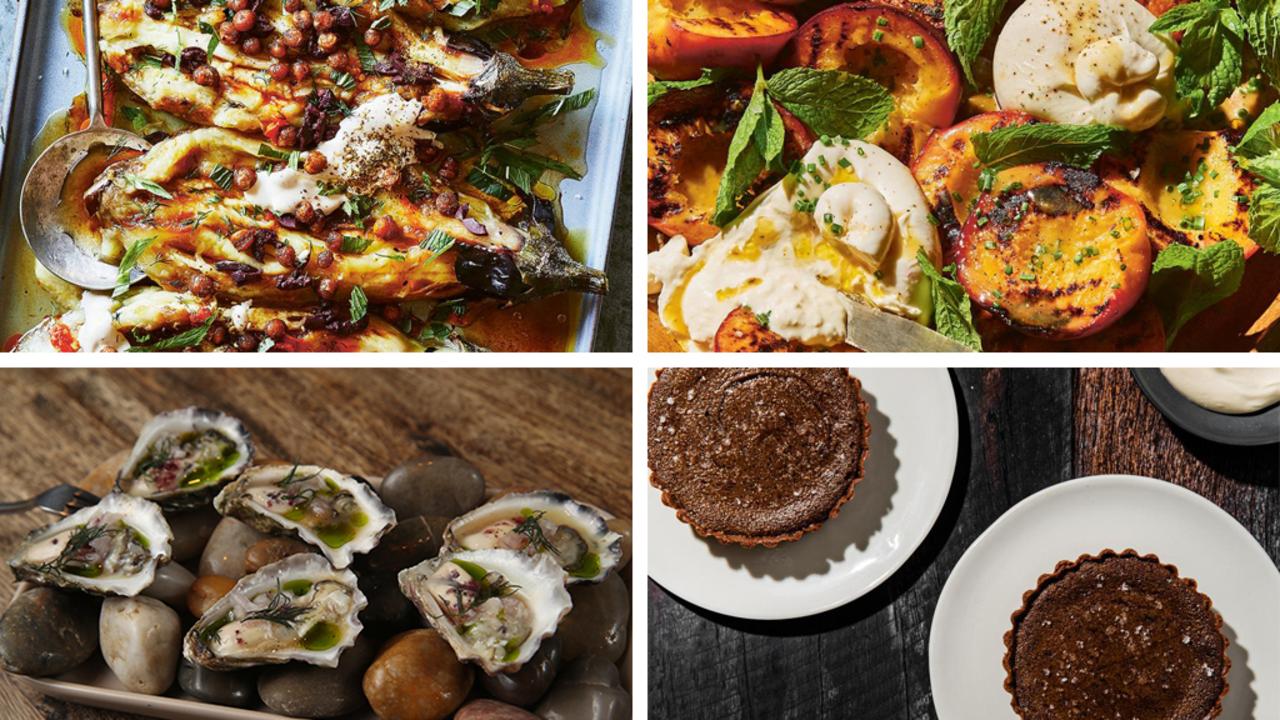Thomas King, CEO of Food Frontier, 24
Thomas King, CEO of ‘future food’ think tank Food Frontier, on why he’s championing alternatives to meat.

At 18, you were named Victoria’s Young Australian of the Year for your environmental and humanitarian work. How did you, a boy from the Dandenongs, cut through? I was 13 when I launched an awareness campaign about deforestation caused by unsustainable palm oil production, which catapulted me right into the deep end of advocacy – and despite the many challenges, I loved it from the start. Years later I directed communications for a fundraising campaign that raised $1.6 million that year towards poverty alleviation in Cambodia. I’m proud of these experiences and grateful for them. They cemented my belief in the power of people to drive change when we put our minds together.
The not-for-profit think-tank you founded in 2017 advises industry and government on “future food” issues. Why make this your mission? I came to realise that food and how we produce it, particularly meat, links to almost every issue I’ve worked on, from biodiversity to climate change to food security. Globally, it will be impossible to meet future protein demands relying only on livestock – we need new options that give people their favourite foods with fewer adverse impacts. But you can’t just tell people not to do things. It’s about investing in and championing viable alternatives.
Which means meat grown in a lab, or plant protein that replicates meat? We’re about diversification, exploring all the best innovations, but plant-based “meats” are the immediate commercial opportunity. Cellular agriculture is a bit further off, but when a piece of animal meat becomes available that was made through the cultivation of cells rather than from entire animals, I hope people will be interested to try it.
To be honest, I haven’t enjoyed the plant-based “meats” I’ve tried. Do you really like them? The rush to join the plant-based category means some products out there are quite average, and I’ll be the first to admit it. But there are also really great options, including some of the newer brands. Those that don’t meet people’s expectations won’t last long term, just like any food on the market.
Traditional farmers are concerned about guys like you. Why shouldn’t they be? Tens of thousands of Aussie farmers make a living by farming crops. That means many stand to benefit from the growing demand for plant proteins. I’ve presented to rooms full of farmers, and the ones I’ve met are forward-thinking people, experienced at adapting to changing market and environmental forces, and they monitor the horizon for new trends they can capitalise on. Government needs to support them in those endeavours.
Have militant ecowarriors made your job harder? Most environmentalists I’ve met don’t campaign on the topic of meat. Though there is a growing recognition among environmental groups that meat production often has an outsized footprint – data [from the federal Department of the Environment and Energy] tells us that 72 per cent of deforestation and land clearing in Australia has been for expanded beef production. It’s pretty heartbreaking thinking about the global scale of biodiversity loss, much of which is for food and protein production.
Are you glass half-full, or half-empty, on the planet’s future? I would consider myself either a realistic optimist or an optimistic realist. There are some pretty alarming challenges we face as a species but I think we can overcome them if we can embrace new ways of thinking.
Thomas King will speak at the Global Food Forum on Oct 14-15; theaustralian.com.au/business/global-food-forum


